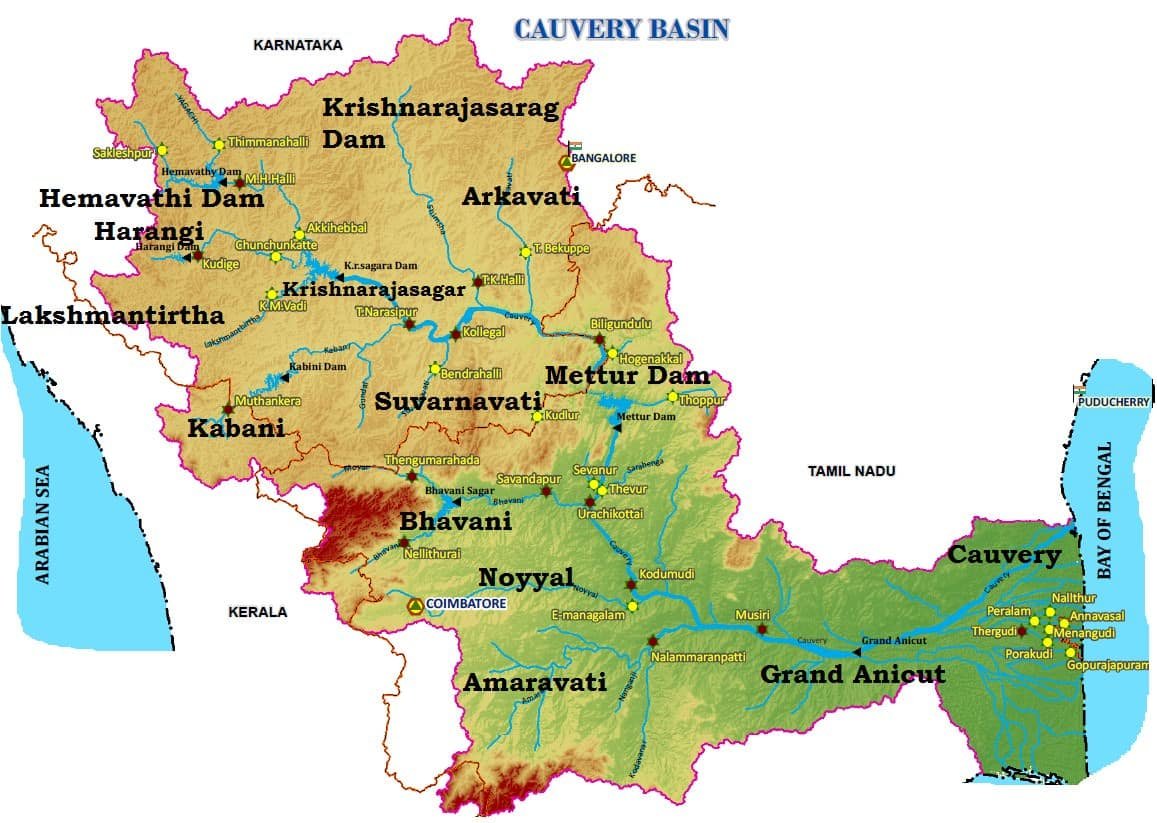Introduction:
- The idea of UBI has gained significant attention in recent years as a potential solution to various societal challenges.
- Many proponents argue that UBI can address income inequality, poverty, and the potential job displacement caused by automation and artificial intelligence.
- They believe that by providing a basic income floor, UBI can empower individuals to meet their basic needs, pursue education, start businesses, and engage in creative and meaningful work.
So, What is the idea of Universal Basic Income (UBI)?
- Basically, the UBI is a concept that proposes providing a periodic cash payment to all individuals within a given population, regardless of their employment or socioeconomic status.
- Main aim of UBI is to ensure that everyone has a minimum level of income to cover their basic needs and provide a foundation for financial security.
Key features of Universal Basic Income typically include:
- Universal: It is provided to all individuals within a particular jurisdiction, regardless of their employment status, wealth, or social background.
- Directly Cash transfer: UBI is usually provided as a direct cash payment rather than in the form of services or vouchers. This allows recipients to have autonomy and flexibility in how they use the funds.
- Unconditional: UBI is not means-tested, meaning its not dependent upon meeting specific requirements or conditions. It is provided to all individuals, regardless of their circumstances.
Arguments in favour of UBI are:
- Poverty Reduction: UBI can help in reducing poverty by providing a guaranteed income to all individuals, ensuring they have access to basic necessities such as food, shelter, and healthcare.
- Reduced Bureaucracy: By simplifying the welfare system and eliminating the need for complex means-testing and eligibility criteria, UBI can reduce administrative costs and bureaucratic inefficiencies.
- Economic Stimulus: UBI can inject money into the economy and stimulate local businesses and consumer spending, which may lead to increased economic activity and job creation.
- Enhanced Social Security: UBI can provide a safety net for individuals facing economic uncertainty, job loss, or unexpected life events. It can offer a sense of security and stability, allowing people to make choices based on their preferences rather than purely on financial necessity.
Arguments against the UBI are:
- Huge Cost: Implementing UBI on a large scale can be expensive, requiring significant financial resources. Funding UBI will need substantial taxation or a redistribution of existing resources, which could have economic implications.
- Disincentive to Work: Many critics argue that UBI may discourage individuals from seeking employment or pursuing higher-paying jobs if the provided income is sufficient to meet their basic needs. This potential disincentive to work could have negative effects on labour supply and productivity.
- Inflationary Pressures: The injection of additional money into the economy through UBI can potentially lead to inflation if not carefully managed. If prices rise due to increased demand without an equal increase in production, the purchasing power of UBI can diminish over time.
- Equity Concerns: Critics argue that providing the same amount of money to everyone, regardless of their individual circumstances, fails to account for differing needs and ignores existing inequalities. Some argue that resources could be better directed towards targeted support for those who need it most.
The feasibility of implementing Universal Basic Income (UBI) in any country, including India, depends on several factors. While UBI has been a topic of discussion and experimentation in different parts of the world, there are specific challenges and considerations that make its implementation in India more complex. Here are a few reasons why UBI may be considered less feasible in India:
- Size and diversity of the population: India is the world’s second-most populous country, with over 1.3 billion people. Providing a universal cash transfer to such a large and diverse population poses immense logistical challenges, including identifying and reaching every individual in need, especially in remote and marginalized areas.
- Economic considerations: India is a developing country with a significant proportion of its population living in poverty. Implementing UBI at a level that could truly alleviate poverty for all citizens would require substantial financial resources. Funding UBI on a scale that covers the entire population will require a considerable redistribution of existing resources or substantial tax increases, both of which present challenges given the country’s economic realities.
- Existing welfare schemes: India has an extensive system of social welfare programs and subsidies targeted at various groups, such as the Mahatma Gandhi National Rural Employment Guarantee Scheme (MNREGS), Public Distribution System (PDS), and various other social security initiatives. Implementing UBI alongside these existing schemes will require careful consideration of how to integrate or replace them without disrupting the lives of vulnerable populations.
- Administrative infrastructure: India’s administrative infrastructure, particularly in rural areas, may not be equipped to handle the implementation and monitoring of a UBI program. Efficient and accurate identification of beneficiaries, distribution of funds, and preventing fraud will require a robust administrative setup, which may need significant investment and capacity-building efforts.
- Cultural and regional disparities: India is a culturally diverse nation with significant disparities in income, resources, and access to services across states and regions. Designing a UBI program that adequately addresses these disparities and accounts for the varying cost of living and socio-economic conditions would be a complex task.
- Potential inflationary pressures: Implementing a large-scale UBI program can potentially lead to inflationary pressures if not carefully managed. The injection of additional money into the economy without a corresponding increase in production can drive up prices, affecting the purchasing power of the cash transfer and potentially causing economic instability.
Conclusion and Way Forward
While the idea of Universal Basic Income has generated significant debate and experimentation in various parts of the world, there is no consensus on its overall effectiveness or feasibility. Its implementation will depend on careful consideration of economic, social, and political factors, as well as thorough evaluation of its impact on society. It’s important to note that while UBI may face challenges in its implementation in India, it doesn’t mean that the concept of providing a basic income to citizens is entirely unworkable. Instead, it will require careful consideration of these challenges, piloting of smaller-scale experiments, and a comprehensive evaluation of the potential impacts and trade-offs before considering nationwide implementation.






